How to Pass an Exam Easily
Writing and successfully taking exams can be quite tricky, particularly for the most feared subjects. This straightforward guide provides tips and advice on how to do well in exams, and it is expected that every student will consult it for proper guidance.
The Do-My-Exam.com team has contacted college and university students in the USA and other locations, searching for ways to achieve high grades in their exams.
After gathering our knowledge, we have assembled a set of valuable tips for students to pass their exams effectively.
Many students fail because they do not take their studies seriously, but this guide will help you become a better student. Although exams can be extremely stressful, there are ways to manage the pressure. Keep reading to discover how.
This paragraph does not provide instructions on how to pass exams without studying with less studying. If you seek guidance, you should cease reading this paragraph. We are unable to offer advice on writing and passing the examination without studying. However, if you want to discover the correct methods and strategies for exam success, please continue reading this post.

Useful Tips on How to Pass Any Exam
How to pass a test? Occasionally, individuals may not have sufficient time to study or review their materials before the examination. The following advice offers suggestions on how to pass every test even when time is limited.
1. Study Broad
Expanding your study materials beyond the school’s prescribed curriculum is crucial for success in exams; students should not limit their readings to what is taught in class.
It is essential to read everything you encounter and be prepared for exams since you never know where the questions will originate from.
2. Choose a learning environment
Your study environment can impact your exam writing skills and academic performance.
Most students have a preferred location for studying or preparing for exams.
There will be students who choose to read inside the classroom, whereas others will consistently opt for the library as their reading space.
3. Fight Fear with all your strength
Fear kills…
Just the feeling of fear itself can lead to various difficulties while taking an exam. It is crucial to effectively utilize the skill of conquering the fear of writing tests, regardless of the paper’s difficulty level.
When students become overwhelmed by fear, they can easily forget all the information they studied diligently for their exams once they enter the examination hall.
4. Don't try to study everything at once before exams
The phrase “Ever heard of ‘la cram la pour’?” is used to describe a scenario in which students solely focus on studying intensively right before exams to get a passing grade.
Students who engage in excessive cramming often forget everything they have memorized during the exam period, and sometimes even before the exams. This is mainly because the absence of stress or any distractions can cause them to lose the information stored in their brains since their primary goal was not to study for retention, but rather to prepare for the exams quickly.
Students who aim to achieve high scores in their exams are recommended to dedicate themselves to extensive studying and avoid relying on last-minute cramming, as this approach has proven ineffective for any accomplished student.
Successful students develop the skill of retaining information instead of solely focusing on cramming for exams and neglecting learning beyond the test.
5. Avoid school distractions
We understand that sure students, despite their enthusiasm for their studies, also desire to be the most well-liked students. Nonetheless, most college students achieve popularity by participating in school parties and transitioning from one club to another.
An ordinary student perceives these activities as ways to gain popularity in high school. We view these as potential disturbances that may have adverse effects on a student’s academic achievement.
School events such as sports and social gatherings are arranged to facilitate improved interaction between students and their school community. These activities also allow students to expand their social circles and connect with additional individuals.
The secondary option is to do this in moderation, as the primary goal for dedicated students will always be to study and excel in exams.
6. Don’t be late for exams
Are you constantly arriving late to school? Well, you definitely should not attempt to do so during exams.
The act of arriving at school after the designated time is something that students are consistently advised to avoid, yet a large number of students have made it a regular practice to arrive late.
Students of this kind will always face difficulties in completing school exams due to their consistent tardiness and frequent absences from scheduled lectures.
Being late to school during exams will hurt the student’s performance as they will be rushed and may incur penalties for arriving late while others are focused on taking their exams.
The aforementioned situations can cause a student to become disorganized, resulting in poor performance during an examination and potentially submitting their work at the same time as everyone else.
Is there any reason for your consistent tardiness to school, and if so, is there any action you can take to resolve it?
Discover the reasons behind your delay for school and create a plan to manage them effectively. If you struggle with sleeping, consider using an alarm to wake up on time. Additionally, you can expedite your completion of household tasks before departing from your dorm for school.
7. What are your goals for this semester?
Is it possible for you to establish a goal to accomplish each semester on your own?
Many students have found this specific advice to be beneficial in figuring out their goals and actively pursuing them to attain success.
If you desire to achieve a high grade, can you provide a precise indication of the grade you aim for? If so, establish that goal, strive to attain it, and witness its realization.
8. Plan out a timetable for your reading assignments.
Creating a schedule for studying is a valuable method for improving exam results, as it allows you to allocate time for reading strategically and ensures that you cover the necessary material when it is most beneficial.
By reviewing the timetable, you will ensure on how to study for final exams all the required courses and adequately prepare for your upcoming exam.
It is indeed true that once you have established your reading schedule, you may encounter other obstacles, such as becoming tired while reading. However, by becoming adept at managing your reading timetable, you can conquer this challenge.
9. Make reading a habit
There is no particular moment to begin reading, the optimal time to start reading is at this very moment.
Sure students prefer reading solely when exams are imminent, resulting in a constant lack of time to study all the subjects they need to write about, particularly for students attending schools with limited timeframes for examinations.
Making reading a regular practice will enable you to excel in your exams effortlessly. Consistently engaging in reading will help you attain this outcome.
10. Develop a passion for your course
Many students express dissatisfaction with being enrolled in courses they are not interested in but feel compelled to accept the admission due to their frustration with staying at home.
Students who lack a genuine interest in the subject they are studying will encounter challenges in completing and performing well in such courses.
Some individuals express their dislike for various subjects such as mathematics, physics, chemistry, and others.
Having a strong interest in your coursework will undoubtedly lead to achieving high grades in exams.
11. Sleep is necessary
Watching motivational films can be highly engaging; however, dedicating excessive time to viewing them may lead to drowsiness during designated reading periods.
It is important to consistently get 8 hours of sleep daily, regardless of whether you prefer to stay up reading at night. You can sleep during the day and read at night, or read during the day and ensure a whole night’s sleep afterward.
12. Join a reading team
The reading team is a leading team…
This is proven by their ease in taking exams, even though the subject may seem terrible to you.
Identify individuals who enjoy reading and establish friendships with them. Ensure you are always on time for your group’s designated reading sessions and never neglect to participate in a reading session.
13. Test yourself before exams
Before taking your exams, you can ask friends in your reading group to pose specific questions related to the material you have read. This exercise allows you to test your knowledge and understanding by answering these questions.
In addition to responding to inquiries from friends, you can arrange your quiz to test your ability to answer them. It is essential to be truthful with yourself in this situation.
If you happen to forget anything, you have the option to refer back to your reading materials and make multiple revisions before the exam begins.
14. Ask others in the higher class
Knowing it all is very difficult…
In the English language, you can connect with individuals of higher social standing and inquire about their methods for completing specific university courses. By adopting their strategies, you can assess the most effective approach for your academic journey.
At one point, they were in the same position as you are now, but they have successfully overcome that stage. There is a strong likelihood that you will also experience a positive outcome, just as they did.
15. Read and study past questions
The majority of the exams that you still need to take have already been taken by someone else in the past…
There are a couple of ways to obtain previous exam papers. You can search for them on the internet and download them, or you can reach out to fellow students who have already taken the exam and ask if they can share their question papers with you for studying purposes.
By examining previous exam questions, you will gain insight into the patterns or methods used to create a specific school test and the techniques you can utilize to achieve top grades.
Review effective strategies on how to pass an exam successfully.
1. Study Broad
2. Choose a learning environment
3. Fight Fear with all your strength
4. Cramming for exams
5. Avoid school distraction
6. Don’t be late for exams
7. What are your goals for this semester?
8. Create a timetable for your academic reading
9. Make reading a habit
10. Develop a passion for your course
11. Sleep is necessary
12. Join a reading team
13. Test yourself before exams
14. Ask others in the higher class
15. Read and study past questions
We have a strong belief that if you adhere to this guide effectively, you will be able to achieve commendable grades in your exams. Feel free to share your thoughts and opinions by leaving a comment.
